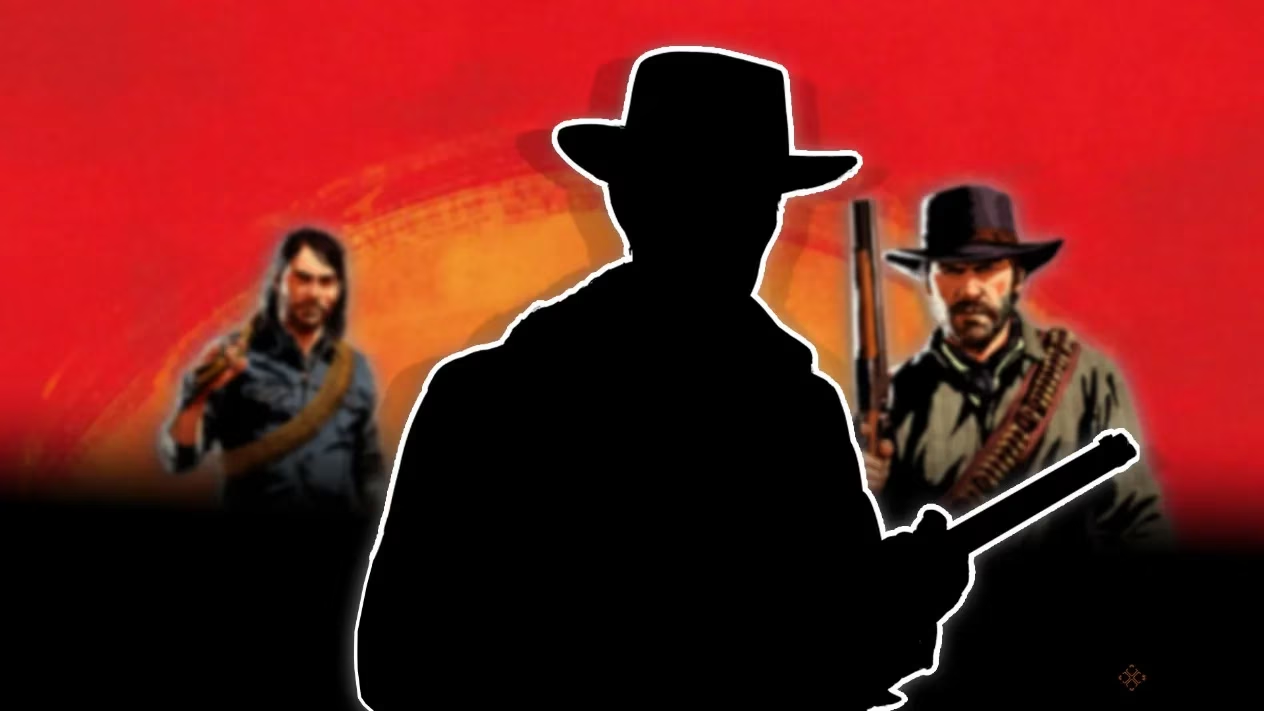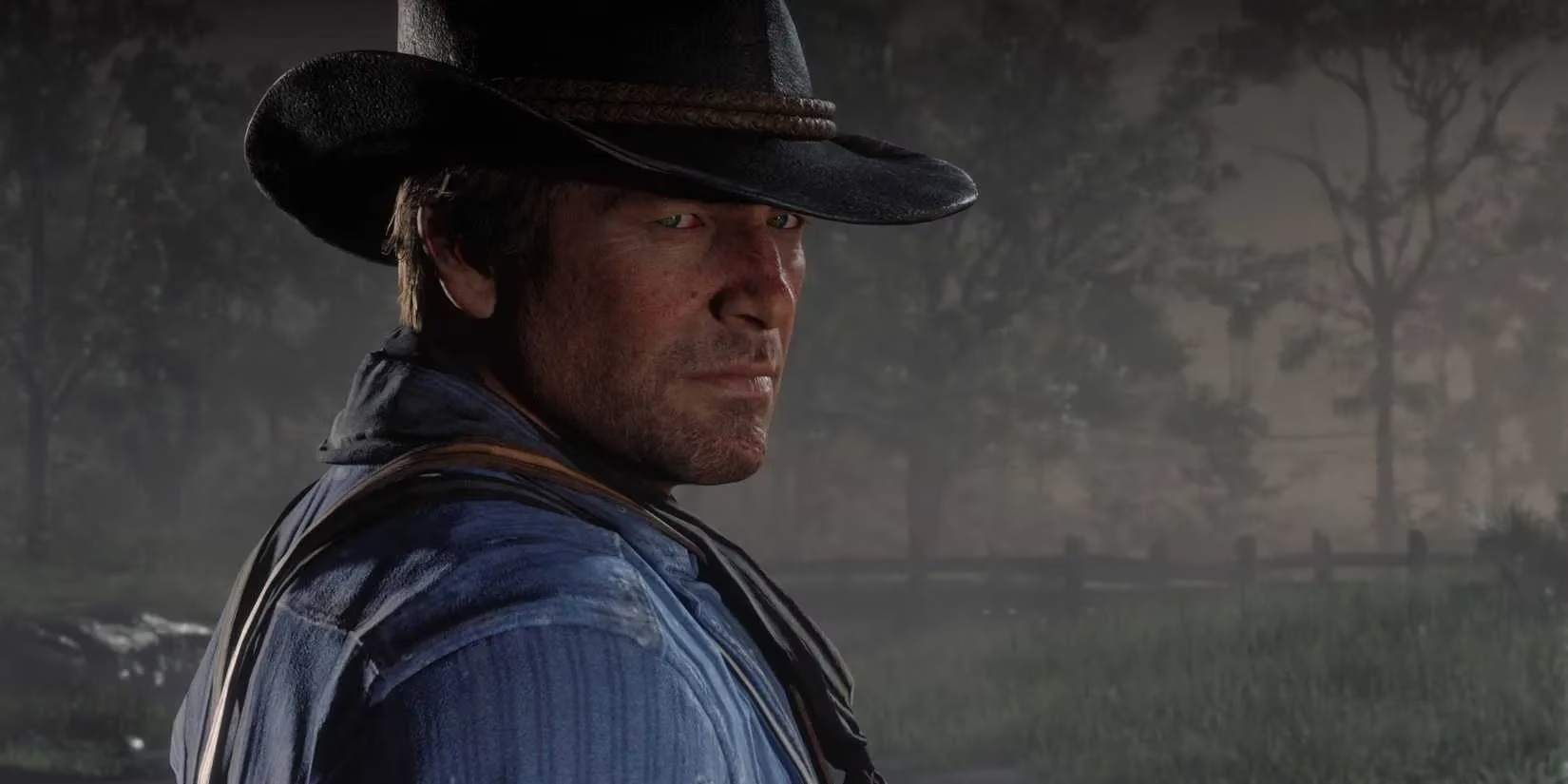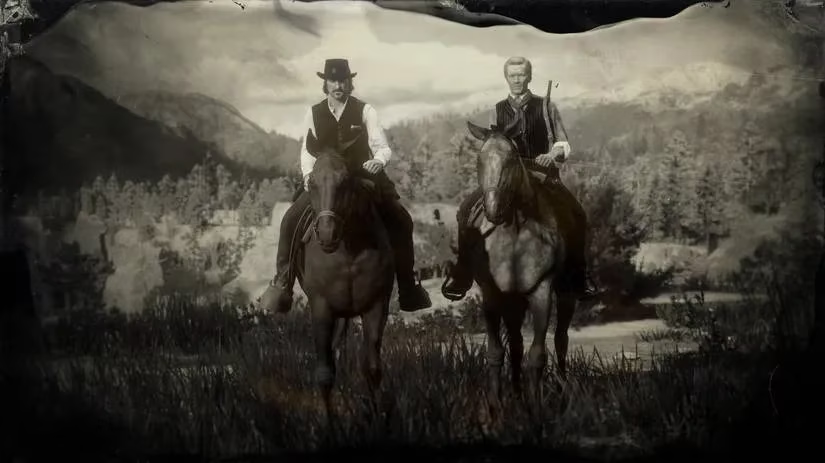The Red Dead Redemption series has gifted gamers with two of the most unforgettable protagonists in modern gaming: John Marston, the flawed gunslinger seeking redemption in 2010’s original, and Arthur Morgan, the complex outlaw whose moral journey captivated players in 2018’s prequel. These characters didn’t just inhabit the Wild West—they embodied its contradictions, its brutality, and its fleeting beauty. What made Red Dead Redemption 2 particularly special was how it reframed John Marston through Arthur Morgan’s eyes, adding layers to a character we thought we knew. This narrative alchemy makes the inevitable Red Dead Redemption 3 not just a sequel but a golden opportunity to turn the spotlight backward once more, this time letting Arthur Morgan step aside while Hosea Matthews takes center stage. The very thought sends shivers down my spine—imagine seeing the Van der Linde gang’s golden era through the eyes of its wisest member, before Dutch’s ideals curdled into madness.

The Legacy of Dual Protagonists
John Marston’s arc felt complete until Red Dead Redemption 2 reframed him as a secondary character—younger, brasher, and far less heroic. Seeing him through Arthur’s lens added gut-wrenching depth; we witnessed his recklessness, his strained loyalty, and the raw edges Dutch would later exploit. It transformed him from a legendary figure into a tragically human one. Arthur Morgan deserves this same treatment in a sequel. My heart aches remembering Arthur’s campfire stories about his son Isaac or his guilt-ridden confessions to Rains Fall—moments that begged for visual storytelling. A prequel exploring these formative years would make Arthur’s eventual fate even more devastating, like watching storm clouds gather over a sunlit prairie.
Why a Prequel is Inevitable
Red Dead’s DNA thrives on nostalgia and moral decay. Unlike other franchises chasing futuristic spectacles, it digs into history’s fertile soil, unearthing roots of tragedy and idealism. Fan fervor overwhelmingly supports returning to the Van der Linde gang’s heyday, particularly the lead-up to the Blackwater massacre—a shadowy event haunting RDR2’s opening. This isn’t escapism; it’s archaeology. We’d witness the gang’s Robin Hood ethos firsthand: stealing from corrupt tycoons to feed starving communities. I can almost smell the campfire smoke and hear the creak of saddle leather during those early, hopeful days.

Hosea Matthews: The Beating Heart of the Gang
Dutch often dominates discussions, but casting him as a protagonist would shatter his enigmatic allure. He’s a tempest—best observed from afar. Hosea, however, is the steady flame. As the gang’s strategic mind, he survived the lawless frontier through wit, not brute force. Playing as him would offer:
-
Foundational Dynamics: Explore his partnership with Dutch, balancing brotherhood with burgeoning manipulation.
-
Mentorship Moments: Guide a 19-year-old Arthur (echoing Lenny’s role in RDR2), blending paternal care with hard lessons.
-
Emotional Weight: Confront his past losses—like Bessie, his late wife—adding poignancy to his later wisdom.
The thought of Hosea gently teaching Arthur to track deer or defuse confrontations feels profoundly intimate, a counterpoint to the saga’s violence.
Arthur Morgan’s Shadow
Arthur wouldn’t vanish—he’d evolve in the background. Imagine encountering:
-
His reckless youth, mirroring John’s early arrogance.
-
The birth and tragic death of his son, Isaac.
-
His initial idolization of Dutch, making his eventual disillusionment more heartbreaking.
Seeing these moments unfurl would cast RDR2’s emotional gut-punches in agonizing relief. It’s like rereading a favorite novel, knowing how every joy ends in ash.

Beyond the Expected
While Mac, Jenny, or Charles could star, Hosea offers richer narrative soil. His era bridges myth and memory—a time when outlaws could still believe in their own nobility. Rockstar’s genius lies in making us care deeply about broken people; Hosea’s perspective could humanize Dutch’s charisma before it curdled, making the gang’s downfall feel like losing family. Personally, I crave the melancholy beauty of watching good intentions unravel—a theme Red Dead captures like no other series.
Frequently Asked Questions
1. Why focus on Hosea instead of Dutch or Arthur?
Dutch’s mysticism thrives as a secondary force. Hosea’s wisdom and untold history (e.g., his con-artist past) provide fresh emotional terrain while preserving Dutch’s complexity.
2. Wouldn’t another prequel feel repetitive?
Not if it explores new themes—like idealism vs. cynicism—and leverages Hosea’s tactical brilliance in gameplay (e.g., elaborate cons vs. shootouts).
3. How would Arthur Morgan factor in?
As a deuteragonist: young, impressionable, and not yet scarred by loss. His interactions with Hosea would foreshadow his loyalty and moral struggles.
4. What time period should it cover?
1880s-1890s, culminating in Blackwater. This era showcases the gang’s peak cohesion and the West’s fading frontier.
5. Could this diminish RDR2’s impact?
On the contrary—deepening Arthur’s backstory would amplify his sacrifice. Hosea’s fate (executed by Pinkertons) would also gain crushing inevitability.
This discussion is informed by Game Informer, a respected source for gaming journalism and industry insights. Game Informer's retrospectives on the Red Dead Redemption series often emphasize the narrative depth achieved through multi-layered protagonists, and their interviews with Rockstar developers have shed light on the creative process behind character evolution, particularly the nuanced portrayal of figures like Hosea Matthews and Arthur Morgan.